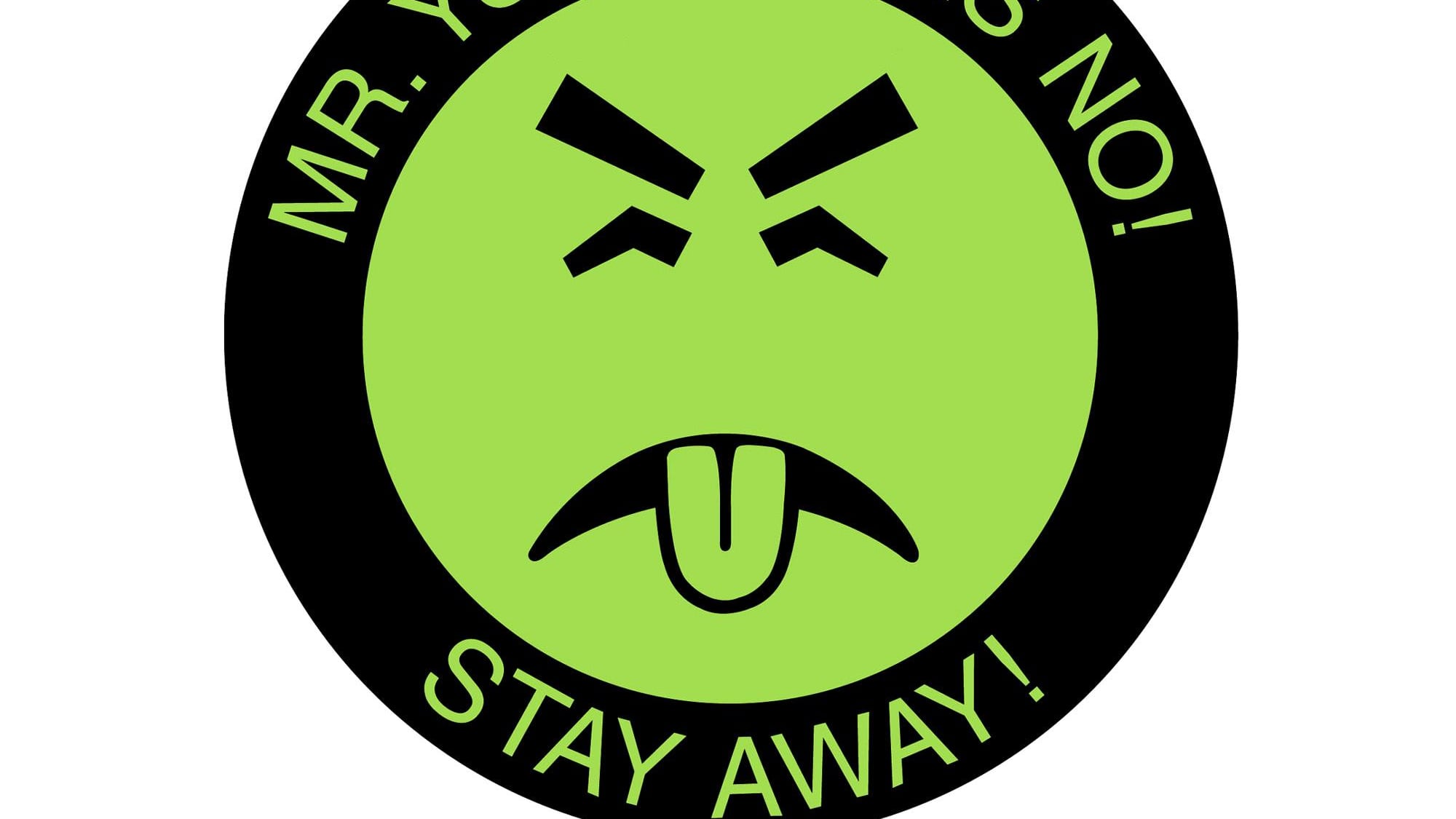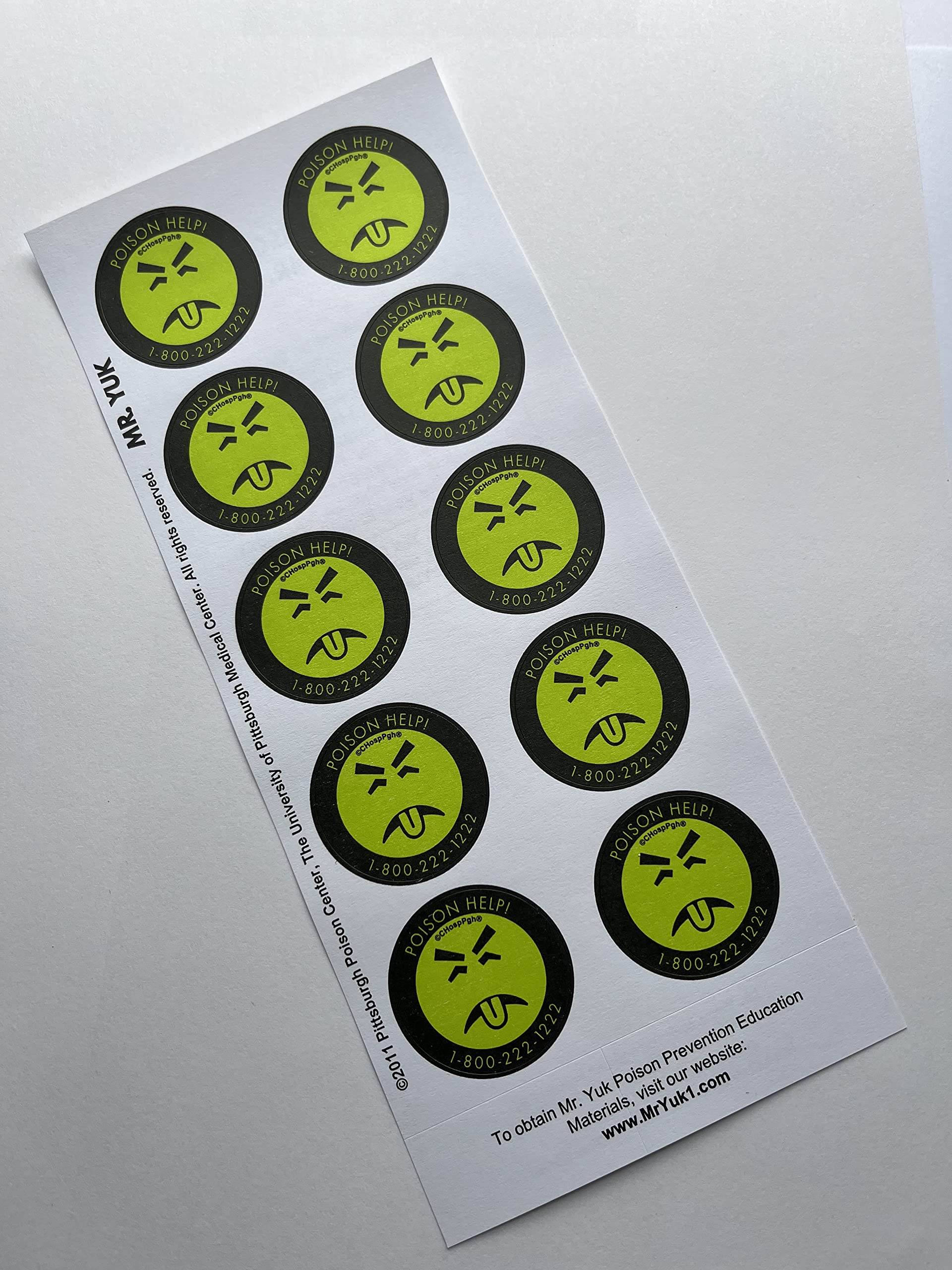When Your Brain Argues With Itself: A Conversation About Cognitive Dissonance
So Cooper (my #1 man, firstborn) and I were talking the other day and cognitive dissonance came up. He goes “I don’t really know what that is.” And honestly? I love that he just said it. Most people would probably nod along and pretend they knew.
Which, funny enough, brings me to what cognitive dissonance actually is. It’s that uncomfortable feeling you get when your brain tries to hold two conflicting ideas at the same time. Like when you know smoking is terrible for you but you keep doing it anyway. Your brain HATES that contradiction, so it does these mental gymnastics to make itself feel better.
Here’s where it gets interesting though. If Cooper HAD pretended to know what it was, that’s not cognitive dissonance. That’s just… lying. Or maybe saving face. Whatever you want to call it.
But if he believed both “I’m a smart guy who knows stuff” AND “I have no idea what cognitive dissonance means” - and that made him uncomfortable? THAT’S cognitive dissonance. And then maybe he’d convince himself it’s probably just some psychology babble that doesn’t matter anyway. See how the brain smooths things over?
The Classic Examples Everyone Uses (Because They Work)
Okay, so the smoking thing is the go-to example. Someone knows cigarettes are killing them, but they keep lighting up. To deal with that mental conflict, they might say stuff like “My grandpa smoked two packs a day and lived to 95” or “I only smoke when I drink” or my personal favorite, “It helps me manage stress, and stress is bad for you too.”
Here’s a funny twist though - I literally just quit smoking. Like, today. While writing this post. I had the honor of bumming my last smoke from Jane at the senior living center my Grandma just moved into. Jane’s got one of those smiles you never forget. And somehow that interaction - combined with writing this post about cognitive dissonance - made something click.
The wild part? I’m not giving up the smoking area social scene. I’ll still be hanging out with my Grandma, Jane, and the other smokers at the center. Just without the cigarettes. No more mental gymnastics about why it’s “not that bad” or “stress relief” or whatever. Just enjoying their company without the mental and health overhead of smoking. Is it weird to be a non-smoker in the smoking section? Maybe. But those are my people, and some of the best conversations happen out there.
And now writing this has me thinking - what other toxic habits am I carrying around? What other Mr. Yuck sticker-worthy behaviors am I justifying with elaborate mental gymnastics?

(Remember Mr. Yuck? That green faced poison warning sticker? Man, that thing was everywhere in the 80s.)

It’s like once you see cognitive dissonance in one place, you start seeing it everywhere. Maybe that’s the next blog post…
But here’s one that hits closer to home for a lot of us. You ever buy something expensive and then spend the next week convincing yourself it was totally worth it? Like when I bought that ridiculous fax machine for my office (yeah, that’s a whole other story). I KNEW it was impractical. But suddenly I’m telling everyone how it’s “actually more secure than email” and “there’s something satisfying about physical documents.” Classic cognitive dissonance resolution right there.
The Gym Membership Phenomenon

Here’s one Cooper can probably relate to. You know that gym membership you’ve been “totally going to use”? The one where you went twice in January and then… yeah.
Your brain has two thoughts: “I’m someone who values fitness and health” and “I haven’t been to the gym in three months.” That conflict is uncomfortable! So what happens? You start rationalizing. “Work’s been crazy busy.” “I’ve been walking more.” “Home workouts are actually better anyway.”
The funny part? Instead of just canceling the membership (which would admit defeat), lots of people keep paying for MONTHS. Because canceling would mean admitting you’re not the gym-going person you thought you were. So you keep the membership as this weird proof that you’re still “trying.”
Social Media: The Cognitive Dissonance Machine
This one’s brutal. We all know social media can be toxic. We’ve read the studies about mental health, we’ve felt that gross feeling after doom-scrolling for an hour. But we keep doing it.
So our brains do this thing where we justify it. “I need it to stay connected.” “It’s how I get my news.” “I’m just checking for work stuff.” Meanwhile, we’re watching someone make pasta at 2 AM or getting into arguments with strangers about things we won’t remember next week.
Cooper’s generation gets this even worse because they GREW UP with it. They simultaneously know it’s messing with their heads AND feel like they can’t exist without it. That’s some next-level cognitive dissonance right there.
Politics (Yeah, I’m Going There)
You ever notice how people can watch the exact same political event and come away with completely opposite interpretations? That’s cognitive dissonance working overtime.
When your preferred candidate does something questionable, your brain has a problem. You believe they’re good, but they just did something… not good. So what happens? Suddenly it’s “taken out of context” or “the media is biased” or “they had to do it because of X, Y, Z.”
And before you get all high and mighty, we ALL do this. Every single one of us. It’s not about being dumb or brainwashed. It’s about how our brains literally cannot handle holding conflicting beliefs without trying to resolve them somehow.
The Money Thing
Here’s a fun one. Ever met someone who constantly complains about being broke but also somehow has the latest iPhone, designer clothes, and goes out every weekend?
They’re not necessarily bad with money (okay, maybe a little). They’re dealing with cognitive dissonance. “I need to save money” vs. “I deserve nice things” or “YOLO” or whatever justification works. The brain finds a way to make both true. “This phone is an investment.” “I need to network.” “Self-care is important.”
I’m not judging. I once convinced myself that buying a vintage computer was “research for my blog.” Was it really? I mean… kind of? See, I’m doing it right now!
Why This Matters
Understanding cognitive dissonance isn’t just some psychology party trick. Once you recognize it, you start seeing it EVERYWHERE. More importantly, you start catching yourself doing it.
That’s the wild part. Even when you KNOW about cognitive dissonance, you still do it. But at least you can call yourself out. Like, “Am I actually too busy for the gym, or am I just protecting my ego here?”
Cooper’s admission that he didn’t know what it was? That’s actually the opposite of cognitive dissonance. That’s just being honest. No mental gymnastics, no ego protection, just “I don’t know what that is.”
We could all probably use a little more of that explorer mindset - genuinely engaging with what we don’t understand instead of performing knowledge we don’t have.
When Trauma Makes Your Brain Fight Itself
Okay, here’s where cognitive dissonance gets really heavy. And Cooper, if you’re reading this, this is probably the most important part.
When something traumatic happens, especially if it involves someone you trust or love, your brain can basically break trying to process it. You’ve got “this person loves me and protects me” running headfirst into “this person hurt me.” Those two things CANNOT coexist peacefully in your head.
So what does your brain do? It performs some absolutely wild gymnastics to make sense of things. “It wasn’t that bad.” “They didn’t mean it that way.” “I’m being too sensitive.” “It was my fault somehow.”
Kids do this especially. If a parent is neglectful or abusive, a kid’s brain literally cannot process “my parent who is supposed to love me is hurting me.” So instead, they decide THEY must be the problem. “If I was better behaved…” “If I wasn’t so difficult…” It’s heartbreaking, but it’s how young brains try to make the world make sense.
And here’s the really messed up part - this pattern can stick with you. Years later, you might still be making excuses for people who hurt you. Still minimizing your own feelings. Still thinking you’re “too sensitive” or “making a big deal out of nothing.”
I’ve watched friends go through this. Hell, I’ve done it myself with different situations. (Ask me how I know, but you’re gonna have to buy me dinner and a drink first.) Someone treats you like garbage, but you’ve known them forever, so your brain goes “but they’re a good person” and suddenly you’re justifying stuff you’d NEVER accept from a stranger.
The thing about trauma-related cognitive dissonance is that it’s not just uncomfortable - it’s protective. At least at first. When you’re in a situation you can’t escape (like a kid with their parents), believing it’s your fault gives you a weird sense of control. Like, if it’s your fault, maybe you can fix it. Maybe you can be good enough to make it stop.
But that protection becomes a prison. You end up carrying these conflicting beliefs way longer than you need to. Way past when they’re keeping you safe and deep into when they’re keeping you stuck.
The Parent Side of This (Yeah, This Gets Personal)
And Cooper, here’s something I need to say. As your dad, I’ve screwed up. More times than I can count. Always with the best intentions, but… making errors is just part of being alive.
Hell, even animals make mistakes - though they usually pay for it with their lives, or worse, the lives of their young. At least when I screwed up, the worst that happened was maybe some emotional baggage, not getting eaten by a predator because I misjudged a situation.
That’s its own kind of cognitive dissonance as a parent. You simultaneously believe “I love my kid and want the best for them” and “I just messed up in a way that might have hurt them.” Your brain wants to minimize it, excuse it, explain it away. “They’ll be fine.” “Kids are resilient.” “I’m doing my best.”
But here’s the thing - both can be true. You CAN love your kid completely AND mess up in ways that affect them. You CAN have the best intentions AND still cause hurt. That’s not a character flaw, that’s just… life. Every living thing makes errors in judgment. We’re just lucky enough that our errors usually don’t end in becoming something’s lunch.
I think about times I lost my temper over stupid stuff. Times I was too distracted by work to really listen. Times I projected my own fears or expectations onto you. Did I mean to? Hell no. But impact matters more than intention sometimes.
It’s like when I wrecked my motorcycle the first time - I was so focused on my front tire instead of looking where I wanted to go. CRASH! Or when I totaled a Harley on the freeway because I overestimated my skills and underestimated the bike. I had every intention of cruising that bike all day long, but 5 minutes in… CRASH!
Same thing with parenting sometimes. You’re so focused on the wrong thing, or you think you’ve got it handled when you really don’t. Best intentions, worst execution. The wreckage might not be as visible as a totaled Harley, but it’s there.
The wild part is watching you become an adult and wondering what cognitive dissonance YOU might be carrying about our relationship. What stories are you telling yourself to make things make sense? What conflicts is your brain trying to resolve?
I hope - really hope - that we can talk about this stuff. That you can say “hey, this thing you did affected me” without either of us having to pretend it didn’t happen or make it bigger than it was. No mental gymnastics required.
Because admitting “I screwed up as a parent sometimes” doesn’t mean I don’t love you. And you acknowledging that some things were hard doesn’t mean you don’t love me. Both things can be true. That’s the resolution to the cognitive dissonance - not picking one truth over the other, but holding both at the same time.
The Takeaway
Next time you catch yourself making elaborate justifications for something, pause for a second. Ask yourself: am I actually explaining something, or am I just trying to make my brain stop arguing with itself?
And if you’re Cooper’s age and reading this, here’s the real talk: you’re going to do this A LOT. We all do. Your brain is wired to avoid the discomfort of conflicting beliefs. The trick isn’t to stop doing it (impossible), but to recognize when you’re doing it.
Because sometimes the discomfort is trying to tell you something. Maybe you really should cancel that gym membership. Maybe that expensive purchase wasn’t worth it. Maybe you should put the phone down and go outside.
Or maybe not. Maybe your justifications are totally valid. But at least think about it, you know?
And hey, if someone uses a term you don’t understand? Just ask what it means. It’s way less exhausting than pretending you know and then frantically Googling it later. Trust me on that one.
So Cooper, now you know what cognitive dissonance is. And maybe you also know your old man is still figuring this stuff out too, one crashed motorcycle and quit cigarette at a time.